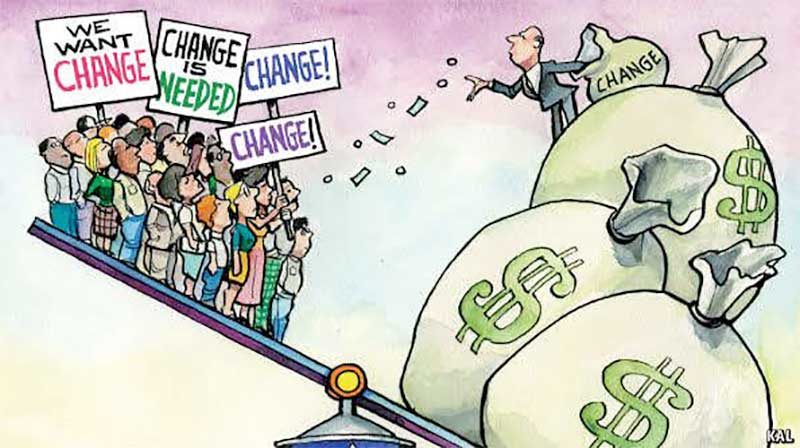Syed Yusuf Saadat
Research Associate, Centre for Policy Dialogue
The distribution of income is a source of perennial debate in economics. Whilst some schools of thought have advocated for an unequal distribution of income, in favor of efficiency, others have proposed a nearly equal distribution of income, in defence of equity.
Adam Smith believed that landlords lived an extravagant life of opulence, and engaged in conspicuous consumption by squandering their money on wine and women. For this reason, he argued that even though landlords had surplus income, the marginal propensity to save out of rental income was zero. As for the workers, Smith believed that they received a subsistence wage which was barely enough for them to survive. Thus, workers had no surplus income, and the marginal propensity to save out of wage income was also zero.
According to Smith, it was only the capitalist who would use his surplus income to save and invest. Marginal propensity to save out of profits was positive. Capital accumulation led to greater division of labor, and increased the proportion of the population engaged in productive labor. This resulted in an increase in the ‘wealth of a nation’. Smith observed that it was division of labour that started economic growth, and it was capital accumulation that kept economic growth going. The capitalist accumulated capital and eventually invested it, out of his own self-interest. In this way, self-interested capitalists ultimately worked for the social interest and promoted economic growth – as if guided by an invisible hand.
The process of capital accumulation, and the capitalist as the agent who facilitated this process, was the central tenet of Adam Smith’s theory of economic growth. Hence, Smith argued for an unequal distribution of income in favor of the capitalists. He believed that if the capitalists got a larger share of national income, there would be greater capital accumulation and, subsequently, more economic growth.
On the other hand, Karl Marx had a completely different perspective on the distribution of income. Marx argued that class conflict was a quintessential component of human civilization. Marx’s theories explored the role of class in determining the distribution of income in society. According to Marx, class struggle occurred because of class exploitation. Workers were paid subsistence wages which were lower than the value of production. The difference between the wages paid to workers and the value of production, or the surplus value, was misappropriated by the capitalist. Thus, the capitalist exploited the worker by making a profit through the unpaid wages of workers. Marx believed that, in principle, there was no limit to the amount of capital that could be accumulated. Based on the idea that capital had a tendency to accumulate endlessly, and that the ownership of capital had an inclination to become concentrated, Marx predicted an apocalyptic end to capitalism.
Marx felt that sustained class exploitation led to an unequal distribution of income. In order to resolve the debacle of income distribution, it was necessary to end class exploitation. Therefore, Marx advocated that the means of production should be collectively owned by the community. Once private ownership of the means of production was abolished, a classless society would be created. Such a society represented Marx’s conceptualisation of the ideal distribution of income. However, Marx did not clearly define such an income distribution, and it is easy to be deceived into thinking that he implied that everyone should have the same income. Marx did not give any detailed account of his classless society either. Most of his statements regarding this matter were, at best, vague.
And thus the debate regarding the best distribution of income continues.



